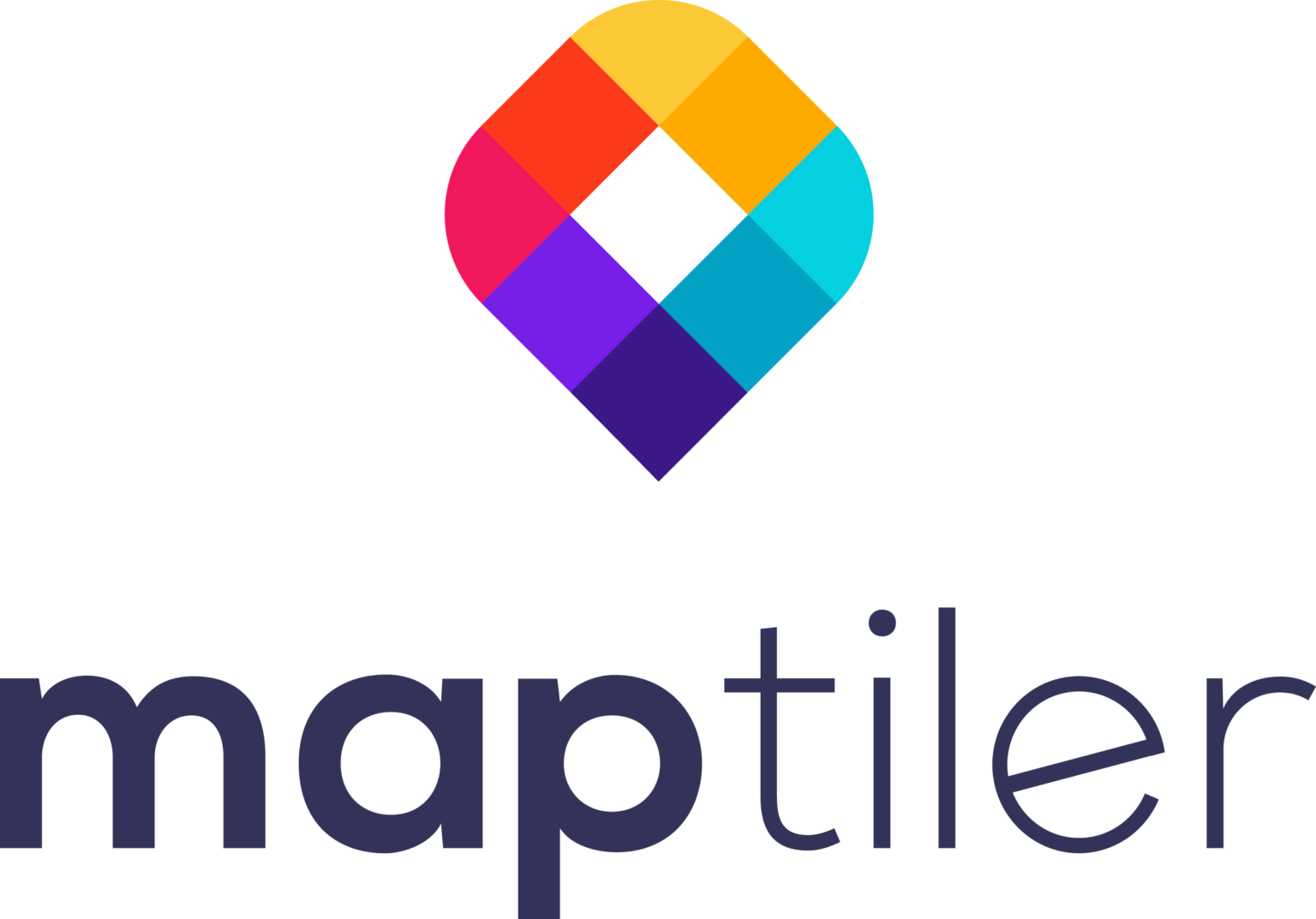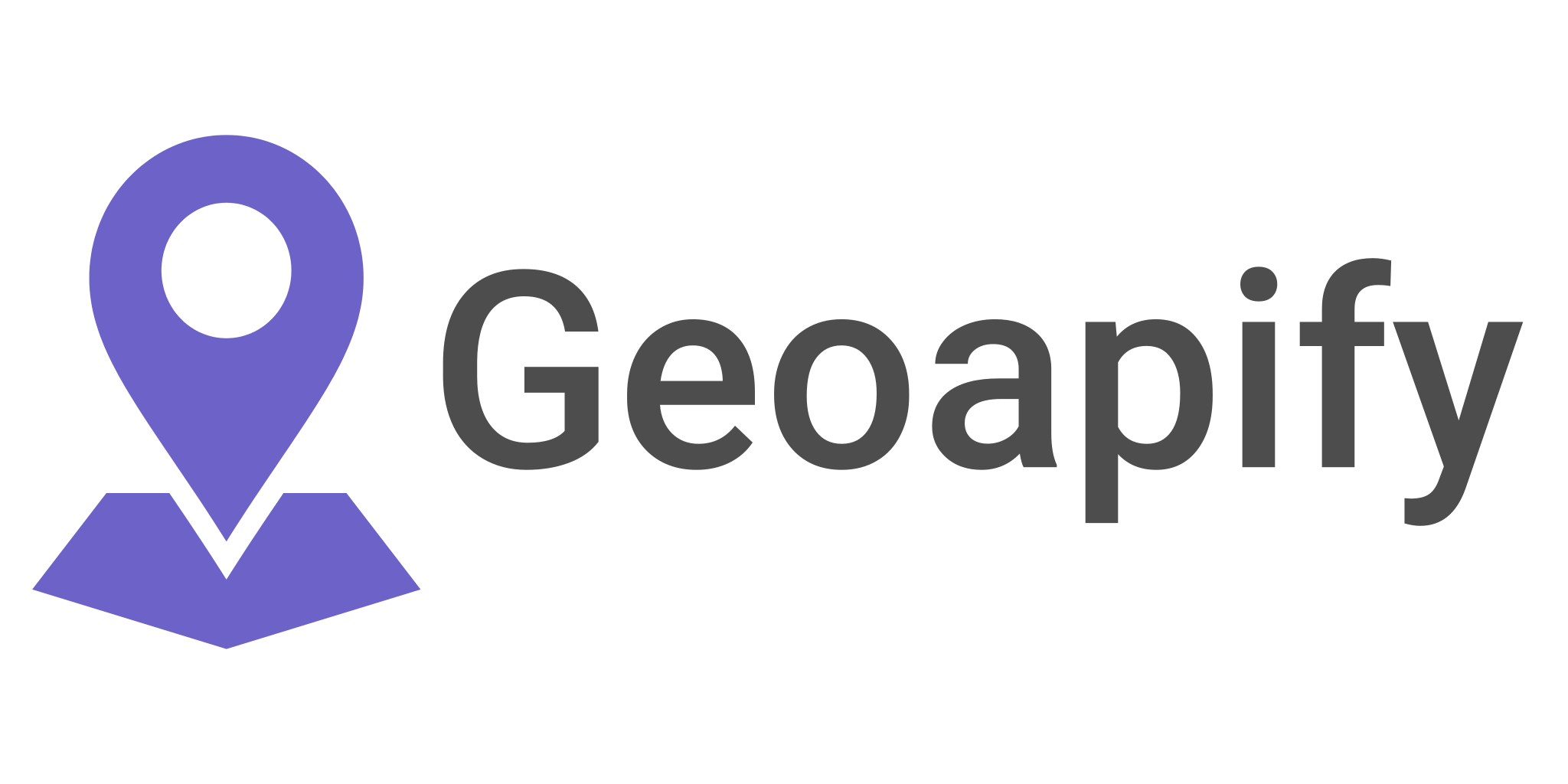The geospatial value chain. Where do you fit in? How do you hustle your way into an entry-level GIS analyst position or switch from private to public for a better salary if you’ve already established your domain? Should you consult with a recruitment specialist or do it alone?
Given that there is so much instability out there right now in the world because of the pandemic, the geospatial community will no doubt be shaken up by what’s happening. As people anchor down and work from home, there is insecurity about the future. This is a good time to sit down and think about what we should be doing to prepare to navigate the “new normal,” post-COVID-19.
Jessica Touchard is a geospatial recruitment specialist. GeoSearch has been in the recruitment business for over 30 years and covers the space in everything geospatial such as GIS, GPS, photogrammetry, and remote sensing, just to name a few. Their services are based on a simple business model and are employer-paid. They primarily assist organizations in the US, with the occasional international assignment, to fill vacant positions. Their vast experience in the field allows them direct access to the biggest names in the industry. Jessica shares with us her insights for those who are new to the industry or want to get ahead and move up the ladder.
It’s 2020. Why Use a Geospatial Recruitment Company?
It’s free to get online, find out about salaries and apply for all sorts of jobs. Anything can be found between entry-level GIS specialists and leadership positions. Why should job seekers use a recruiter in this day and age when they can do it by themselves?
Well, yes and no.
A recruiter has direct access to employers and they have built trust throughout the time they’ve worked with the client. What recruitment companies can offer a geospatial job seeker is individual attention and information that’s not readily available on the usual online channels. Outside of the job description and the research that the candidates can do by themselves, it’s hard to come by valuable information. It’s near impossible to find out about team dynamics, work ethics, or leadership personalities by doing online research. A recruiter, on the other hand, can equip a candidate with valuable information that’s outside the requirements but is helpful to the employer. At the same time, they also keep a keen ear and eye out for the benefit of the employer during the process of getting to know the candidate from the very first moment of receiving their CV or during the initial onboarding and screening process. They’re in a position to make recommendations and read between the lines to make recruitment as fast and effective as possible, for both sides.
Candidates express their interest from a pool of available positions available at any given time and are invited to send their resumes and explain their backgrounds. It is often a good idea just to express interest, even if it’s for the future. Things change all the time. A match will be found eventually.
Businesses have a clear benefit from working with a recruiter on a long-term basis to fill in multiple and recurring positions for a flat fee. Typically, the relationship starts with a hard to fill, niche position and then expands to other roles such as entry-level and support staff and possibly field crew for data collection. It’s not easy to recruit 15 to 20 people at a time. Organizations need expert help in maximizing their efforts.
How Do You Impress a GIS Recruiter?
Always tailor your resume to the specific position you’re applying for. Go through the job description line by line and say explicitly how you can do each of those things. This is the type of communication and engagement that will serve as a bridge in getting you that interview.
During the initial interview or phone screening, a lot will be revealed about you. Your verbal communication skills come through indicating there and then if you’re just right on paper or you’re great to talk to, knowledgeable about the role, and you understood what the company is trying to do. Your recruiter will summarize their experience with you to the employer, and your success depends on impressing them. So if you want your name to make it to the first round of selections, leave a good impression on the recruiter and the employer starting from the very first conversation you have with them.
Entry-Level Analyst Jobs, Requirements and Being Flexible
Your technical background is the first thing employers will look at. What type of software-specific knowledge can you show? Do you have basic programming understanding? Have you gained any experience even if it’s within your education that will equip you to go into a position to learn and execute some of the functions that the role may require right away?
If you’re fresh out of school, be flexible with your expectations. Your only domain experience may be a school project that helped you identify where your interests lie. Your technical skills will transfer into domain experience with training and practice.
Communication skills are essential, regardless of what level you are at. Don’t panic. Nobody’s expecting you to be a public speaker as an analyst. But you do need to be able to clearly demonstrate your technical expertise and to communicate it in your environment at the very least.
Candidates that show self-initiative and the ability to pick things up fast get noticed. If you have a membership to a professional organization or have attended conferences, you’ll be considered as someone with a high level of interest and motivation who is serious about their intentions.
Internships are a great way to get some experience, and even if they don’t develop into a full-time position, they’re a great reference point for the next stop, and it’s more than just an educational experience.
Showcase your experience by investing your time in building an online portfolio. Start now. Upload all the papers you wrote that employers may be interested in. Link your portfolio to your resume. Show it, not just say it. LinkedIn profiles can act as your own little portfolio of work to start you off.
Volunteer for community projects. If you live near a hiking trail, create your own space by offering to make a map for a popular trail for camping and all the facilities on that trail that people look for.
Check out freelancing websites and see if you can team up with someone for their entry-level gaps they need to fill. Some GIS companies need project people such as analysts or specialists on a short-term basis at short notice. These platforms usually cater to a lower scale pay but can give you the experience that may put you ahead of others.
Mid-Level Specialist Jobs – Your Skills Under Scrutiny
Communication and technical skills remain at the top of the priority list of what employers are looking for. At this level, you are now required to demonstrate domain experience that’s specific to a sector in GIS. Have you been focusing on LIDAR, a particular technology or a type of customer you’ve been serving? Maybe you’ve been working within utilities and carved your space out in oil and gas, local government, and you have a clear understanding of the processes and how they utilize geospatial technologies. This is all very helpful and can elevate your career path.
But let’s go back and expand on communication as it’s relevant to all GIS and geospatial jobs. Assuming that you can write e-mails, and put your ideas in a presentation, what you need to show prospective employers is that you’ll be able to communicate ideas through to your supervisor and team, report on them and lead that project. Your presentation skills will come under scrutiny as you’ll be facing clients and staff regularly.
Adhering to deadlines, project management, and sales skills will give you an advantage as these will all lead you to be able to participate in bringing new business in for the company.
Is Moving from Public to Private an advantage? What are the differences between the two sectors?
Knowing the ins and outs of the public sector can give you a terrific advantage because you already understand how the machine works. Private companies usually manage and customize the systems of public companies and government agencies. They help with driving up GIS success for that organization, such as data analysis for upgrade and enhancement purposes, rather than pumping out reports and maps. It’s still working in the same technology space, only it’s a different piece of the puzzle. Someone with a direct understanding of who these private companies would be ultimately servicing is invaluable.
Focus on a Geospatial Niche – Good or Bad Idea?
It can be limiting, especially if you’re at entry-level. Most people come out of education wanting to work in environmental causes or a specific area that they’ve learned about in school that they found interesting. Exhaust all means to get into those fields, but opportunities may be elsewhere at the time when you start your search. You should keep an open mind to other things. There is more to the geospatial industry than old fashioned data collection and analysis. Whatever you end up doing at this stage, the experience you gain will be useful. Chase the work, not the title. The salary and the title will come. After each of your assignments, you’ll be more connected with more experience under your belt. Employers often hire for one position and a couple of years down the line that turns into someone’s dream job as things move on and transition into a different vein. The geospatial field is vast with many layers, jobs and salaries. Take data; it’s a whole spectrum of new technologies and processing techniques from cleaning, loading into a GIS, analysis, engineering, and modeling. Expose yourself to a variety of things early on in your career and see where those experiences take you.
Exciting and Upcoming GIS Fields Right Now to Get Into
UAV technologies for data collection and LIDAR. Photogrammetry came back from nothing, at least in the US, and it’s a regular hire. Programming, understanding a specific domain, and creating unique applications to serve individual requirements is essential right now in GIS. Companies are also exploring autonomous vehicle types and data engineering. These are all excellent fields to explore.







